Human rights activist and publisher of Sahara Reporters, Omoyele Sowore, has emerged as one of Nigeria’s most consistent voices of dissent against successive governments—ranging from military rule to the current democratic dispensation. His activism has spanned over three decades, marked by confrontation with nearly every Nigerian government since the early 1990s.
In 1992, during the regime of General Ibrahim Babangida, Sowore was expelled from the University of Lagos (UNILAG) for leading student protests against corruption and inadequate campus welfare. This marked the beginning of his long-standing struggle for social justice.
The following year, under General Sani Abacha’s regime, Sowore was arrested for participating in pro-democracy demonstrations that demanded the restoration of the annulled June 12, 1993, presidential election. His activism did not wane; in 1998, he was again arrested during the National University Games Association (NUGA) event in Lagos under General Abdulsalami Abubakar’s administration.
Sowore’s activism extended into the civilian era. In 2006, President Olusegun Obasanjo and then-Minister of the Federal Capital Territory, Nasir El-Rufai, sued Sowore after Sahara Reporters published an explosive interview with Gbenga Obasanjo, which exposed the alleged “third term” agenda. In 2007, the Umaru Musa Yar’Adua administration reportedly banned Sahara Reporters in Nigeria, labelling its publications as subversive.
By 2014, a close associate of President Goodluck Jonathan, Reno Omokri, allegedly attempted to file a defamation suit in the United States to bankrupt Sahara Reporters. However, he could not proceed after Jonathan lost the 2015 election. In 2017, former Senate President Bukola Saraki sued Sowore at the Kwara State High Court, obtaining a judgment against him that led to the freezing of Sahara Reporters’ bank accounts for a year.
In 2019, President Muhammadu Buhari’s government arrested Sowore, charging him with treason over his #RevolutionNow protest. He was detained for months before being released under stringent bail conditions. Most recently, in 2023, President Bola Tinubu’s administration reportedly placed Sowore on an immigration watchlist, preventing him from traveling abroad. In 2025, the Inspector General of Police, Kayode Egbetokun, ordered Sowore’s arrest on allegations of cybercrime, resulting in the seizure of his international passport.
In a recent development, Sowore led a protest in Abuja demanding the immediate release of the detained leader of the Indigenous People of Biafra (IPOB), Nnamdi Kanu. The demonstration, held peacefully at the Federal Capital Territory drew national attention and reignited debates over political persecution and freedom of expression in Nigeria.
Days later, during one of Kanu’s subsequent trial sessions, Sowore was again arrested by security operatives within the court premises. His arrest, which eyewitnesses described as violent and unnecessary, was widely condemned by civil society organisations and pro-democracy activists who accused the authorities of using intimidation and harassment to suppress dissenting voices.
Despite decades of persecution, Sowore remains unrelenting in his activism, advocating for democracy, human rights, and government accountability. Whether loved or disliked, analysts agree that Sowore has become a symbol of resistance in Nigeria’s modern political history. As one observer noted, “Apart from Fela Kuti, no Nigerian has endured as much at the hands of successive governments for standing up for what is right as Sowore.”
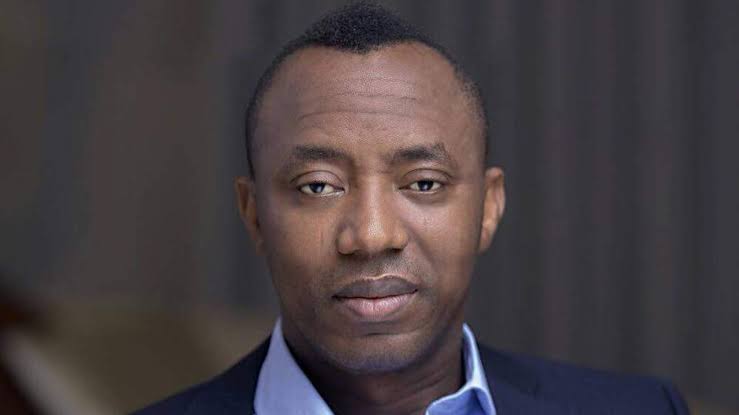

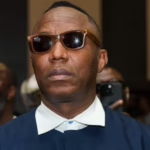

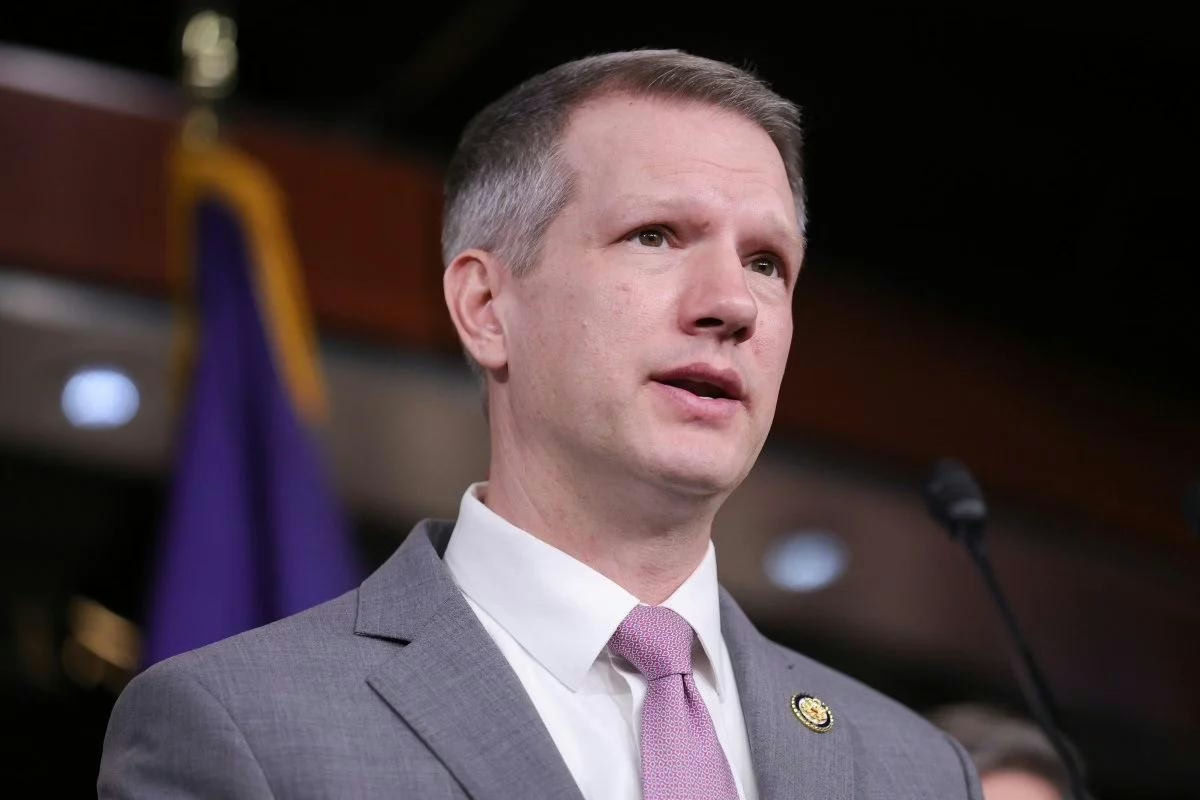
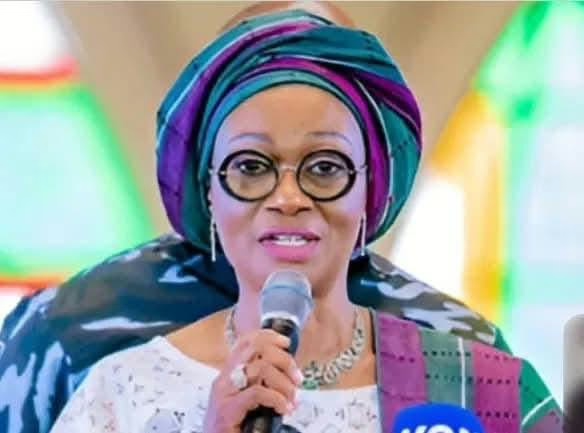
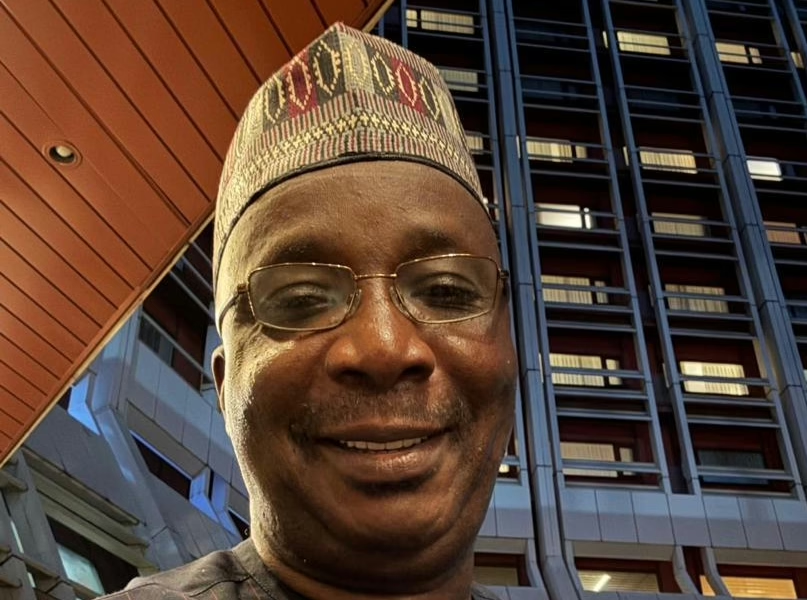
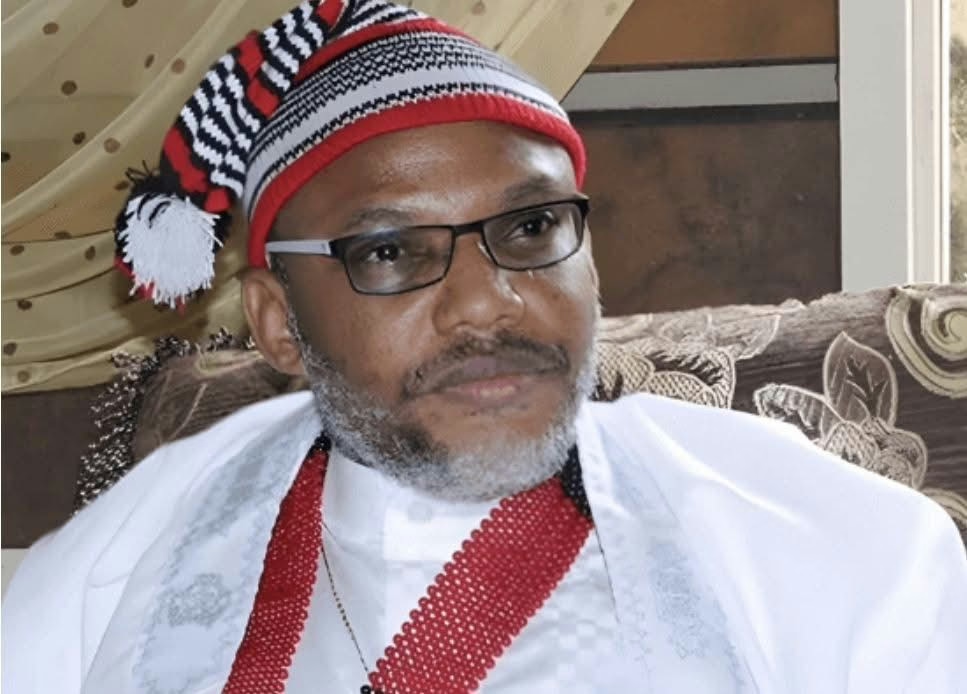

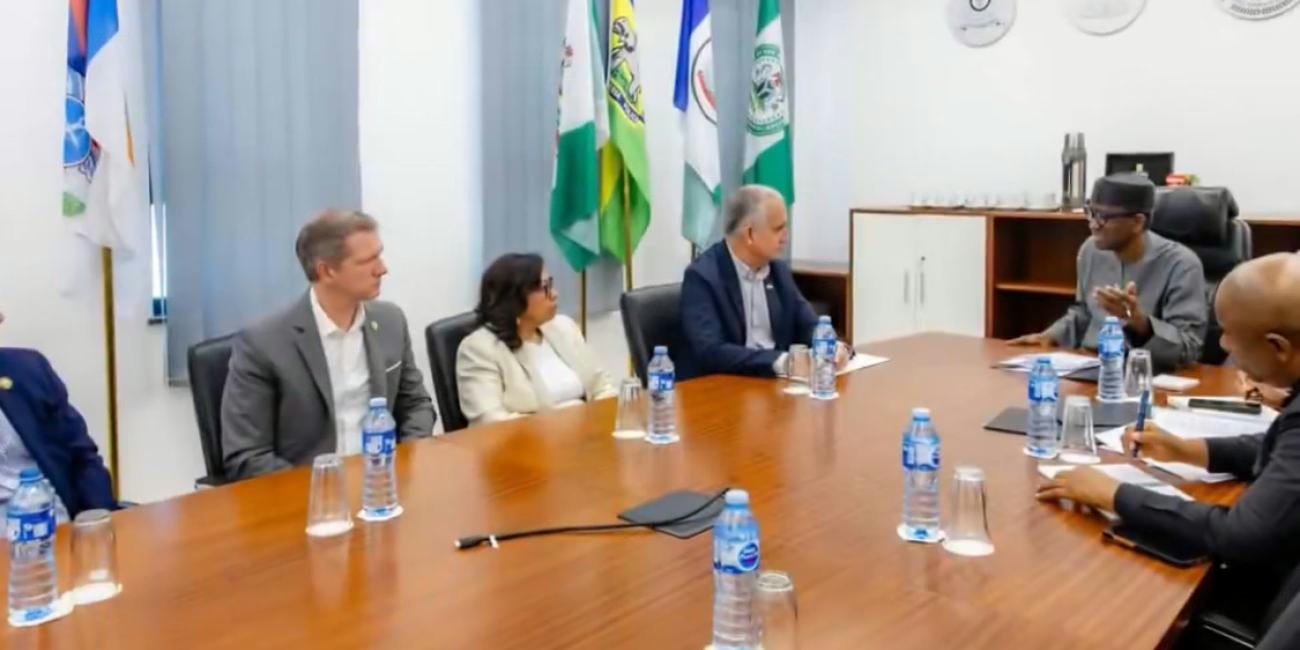
Leave a Reply